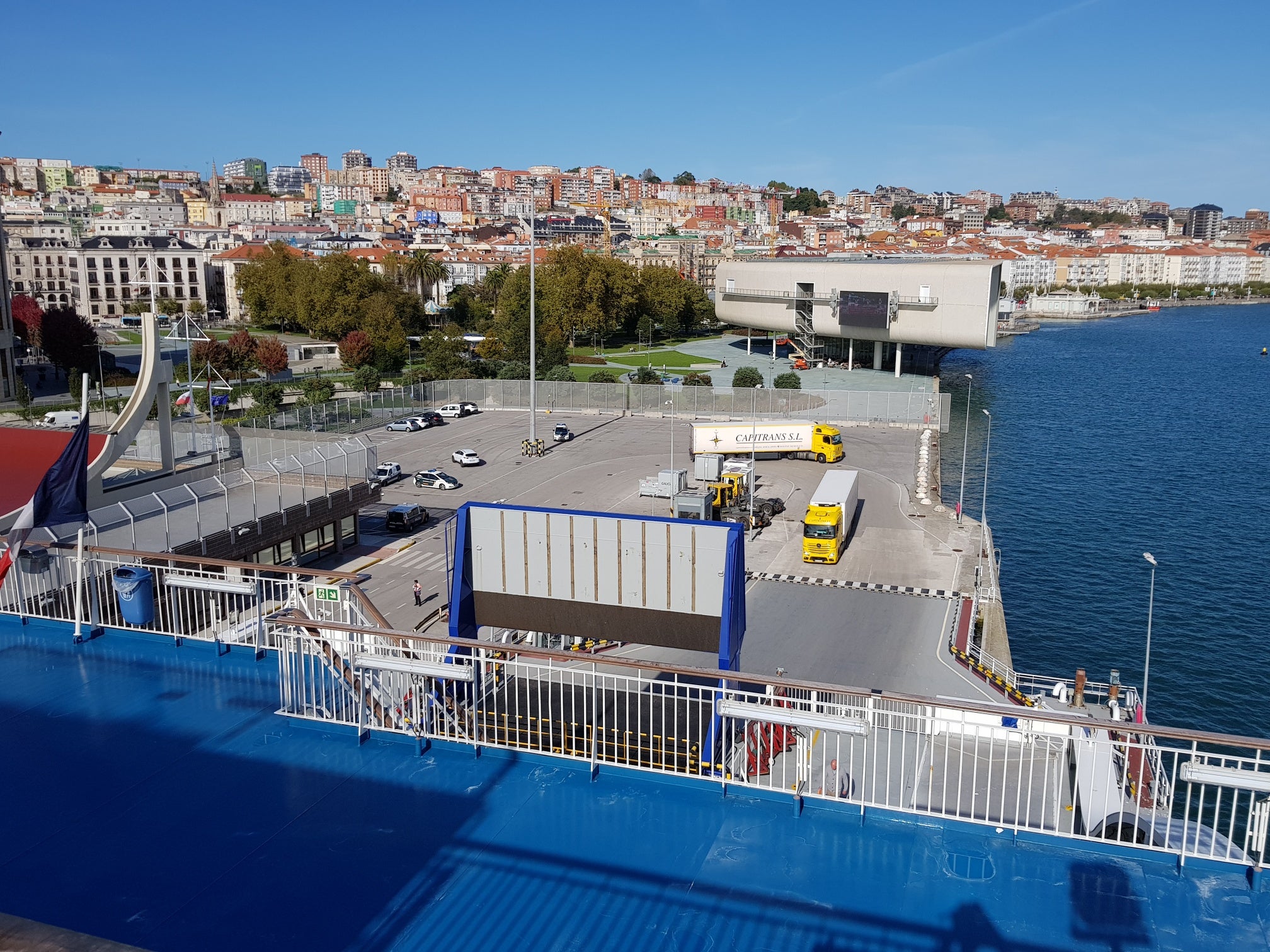What will the requirements be to enter Malaysia?
Simon Calder answers your questions on travel restrictions, duty-free tax and hefty e-bike bills


Q I am due to travel to Singapore and Malaysia in March. Singapore is already open to UK travellers, Malaysia is expected to be open by January. After six days in Singapore, we’ll fly from Singapore to Penang and spend a week in the region before heading over to Langkawi.
What Covid entry requirements will apply upon entry to Malaysia? Do we have to comply with those requirements set for British travellers entering Malaysia or will we be treated as entrants from Singapore (since we’ll have spent the preceding five nights there)?
Nadia 2000
A I am impressed with your boldness in (I infer) booking a trip to Malaysia before the country is effectively open to British tourists.
My analysis of the information provided by the Asian nation’s high commission in London is that you or I could travel there right now (assuming full vaccination), but we would need to quarantine for seven days, wearing a “surveillance wristband” to ensure we stayed put.
This would not be my idea of the best way to spend a week on the gorgeous island of Penang.
Will the country open up? Well, for the past week a “pilot project for the travel bubble” to Langkawi has been in operation. This basically emulates a scheme originally used by Thailand, whereby travellers spent a week on the island of Phuket and were then (subject to a negative Covid test) able to go elsewhere.
This one, requiring full vaccination, is based on the Malaysian island of Langkawi. If it remains in place perhaps you could swap your planned first stop in Penang for Langkawi? But I would be very surprised if things stay as they currently are. As you say, there are hopes that Malaysia, which is highly dependent on tourism, will reopen more fully on 1 January. Again, being full vaccinated will be the key.
In terms of testing and other requirements: generally nations want to know where you have been in the past 10 days/two weeks (that’s certainly the case for Singapore), so assume that you will have to meet the criteria for arrivals from both Singapore and the UK. I would expect a negative PCR before departure to Malaysia, and possibly another after arrival.

Q I read your advice to David K [who was charged €400 in duty for taking three e-bikes into Spain in his van, even though he was going to take them back at the end of his trip]. If he had been riding the bike rather than transporting it in his van would he still have been obliged to pay the duty or provide a carnet? Extending this argument, should duty not also be payable for a car or van?
James M
A Thanks for a considered question that helps cast more light on how rules have changed on what you can take into the European Union since Brexit.
As a brief refresher, the UK has chosen to give up the previous freedom to take more or less anything anywhere in the EU without fuss. Instead, private travellers are subject to the customs limits that the UK helped to set while a member. For the usual “duty-free” suspects, that’s a litre of spirits (plus four litres of wine and 16 litres of beer, though this is largely academic as prices are generally much lower in the EU) and between 40 and 200 cigarettes, depending on your destination and sometimes mode of transport.
Then there are “other goods,” which includes e-bikes. The upper limit is €430 (£363) if you arrive in the EU by air and sea – as David did – or €300 (£253) by road or rail.
The rules may seem fairly archaic: like customs limits through the ages, they are in place to prevent private individuals profiting from selling goods on which duty has not been paid. An e-bike worth more than €430 with a rider would theoretically be subject to duty, but I think only a harsh official having a bad day would think about extracting payment from a cyclist.
Motor vehicles are different because of the licensing required. It is not practicable to dispose of a UK car or van in an EU country without revealing its provenance, whereupon a duty demand will doubtless follow.
A final reminder that anyone taking high-value goods temporarily into the EU should obtain an ATA carnet through the London Chamber of Commerce and Industry. It costs £360 for a year.

Q On arrival by ferry at Santander from Portsmouth, my van was inspected alongside numerous other vehicles. I was taking some old household stuff down to deliver to my daughter as she has moved to the Algarve in Portugal. I also thought it would be nice to take three used electric bikes so that while I was there we could enjoy the countryside. These were my bikes and I was going to bring them back after the two-week visit.
Spanish customs clearly had a “thing” about electric bikes, and insisted I pay 21 per cent duty on their value. I ended up with a bill for over €400 (£340). Was this correct, or should I have refused and no doubt suffered a long stay in the port? I offered to show them the bikes on my return through the same port, but no interest. The staff muttered something about “carnets”. Other holidaymakers were getting stopped for the same reason.
David K
A I am sorry to hear about your unwelcome surprise, but I am sure the UK government would applaud the Spanish officials’ professionalism. This situation is entirely in line with what our ministers asked for in the Brexit deal. Whatever you may have heard about remaining in the customs union before the EU referendum, the government had none of it and decided the UK would leave this tariff-free zone.
The result is a profound effect on moving goods from Great Britain to Spain and every other EU country plus Northern Ireland. Anyone taking reasonably high-value goods (which includes used electric bikes) from England, Wales or Scotland to the EU or Northern Ireland is required to declare them and pay the required tariffs. If you had been able to prove that the e-bikes were largely of British manufacture (and not simply assembled in Great Britain) then, with the help of some paperwork, you should have been able to avoid duty. But in the absence of proof the customs officials were correct to impose the charge.
For the avoidance of doubt, this is not a new European Union rule; it is simply imposing the customs regulations that the UK helped to draft while a member of the EU. As the border officials indicated, you could have avoided the duty by paying for a customs carnet. This is basically a document listing temporary imports (including serial numbers) that is checked against the contents of your van on the way in and on the way out of the EU. Unfortunately, it is an expensive and cumbersome way of demonstrating your intention to remove the goods rather than selling them within the EU.
Email your questions to s@hols.tv or tweet @simoncalder


Join our commenting forum
Join thought-provoking conversations, follow other Independent readers and see their replies
Comments